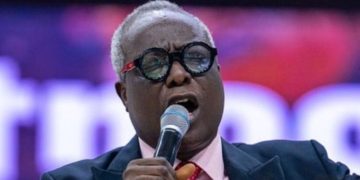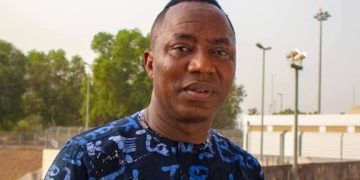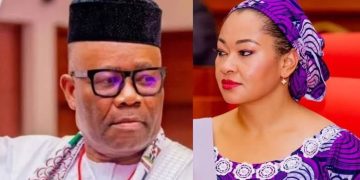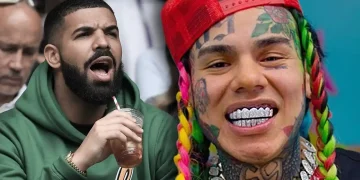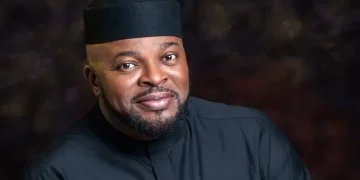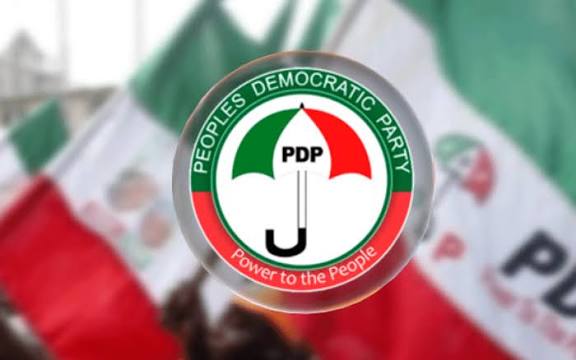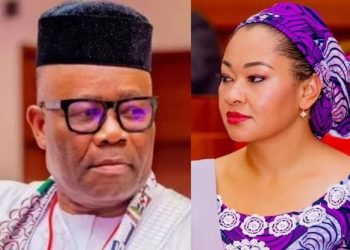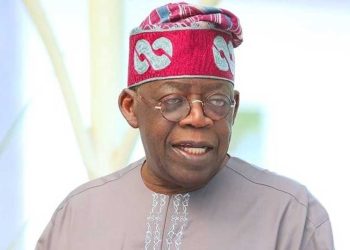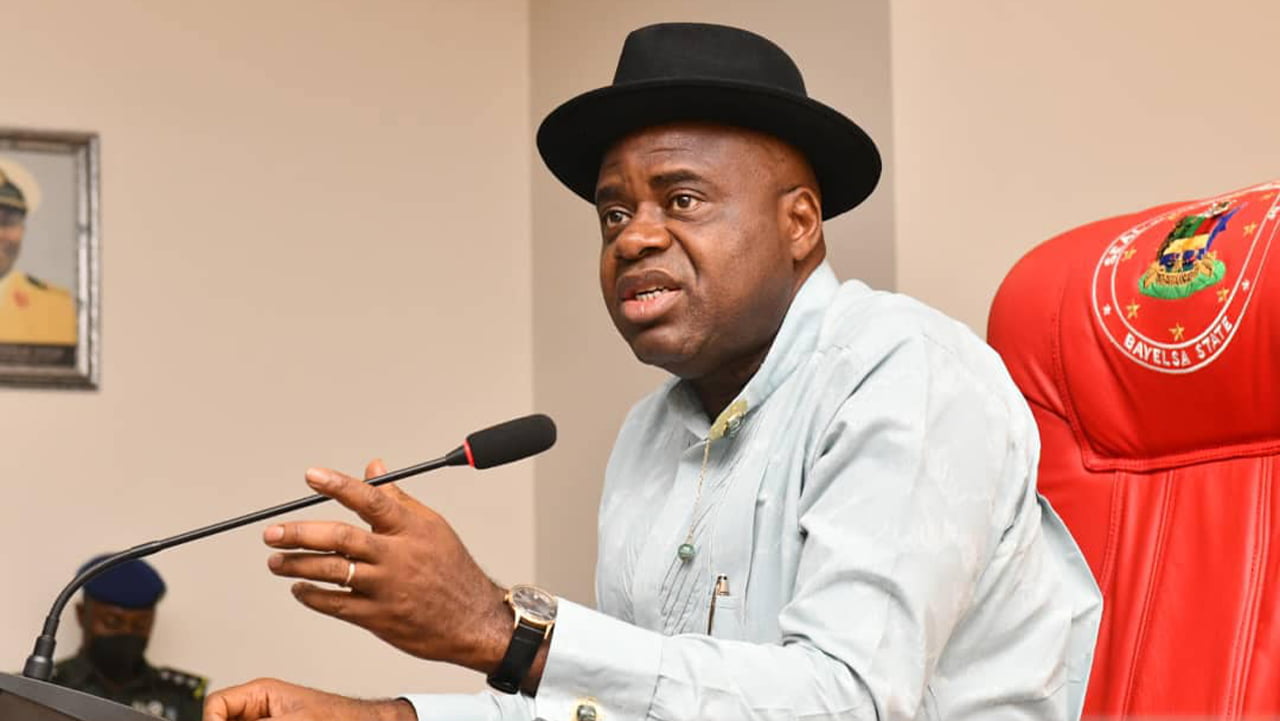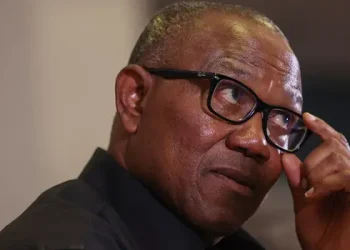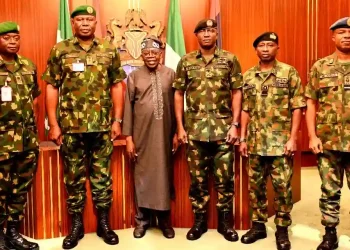Tension rippled through Nigeria’s political corridors on Friday as two Abuja High Courts delivered separate, seemingly contradictory rulings concerning the Peoples Democratic Party (PDP) ahead of its planned national convention in Ibadan on November 15 and 16, 2025. The twin judgments have not only thrown the opposition party’s preparations into confusion but also exposed a deepening struggle over internal control, legality, and the contest for leadership renewal.
From the first courtroom, Justice Peter Lifu of the Federal High Court, Abuja, declined to grant an interim order restraining the PDP from proceeding with its convention, despite an ex parte motion filed by former Jigawa State Governor, Sule Lamido. Lamido, through his counsel, Jeph Njikonye, alleged that the party had denied him access to the nomination form for the National Chairmanship position—a move he argued violated both the PDP’s constitution and his right to fair contest. The case, viewed by many as a direct challenge to the party’s internal processes, called for judicial intervention to preserve the status quo until the matter could be fully heard.
In a restrained ruling, Justice Lifu opted not to stop the process immediately but instead ordered the PDP and the Independent National Electoral Commission (INEC) to appear before the court within 72 hours to explain why the requested reliefs should not be granted. His decision, described by observers as cautious, was seen as an effort to balance the urgency of Lamido’s claims against the need to avoid overstepping into the internal mechanics of a political organization. The matter was adjourned to November 6 for further hearing.
While the ink on Justice Lifu’s directive was barely dry, another Abuja court issued a sweeping counter-order. Justice James Omotosho, presiding over a separate case filed by Imo PDP chairman Austine Nwachukwu, Abia chairman Amah Abraham Nnanna, and South-South factional secretary Turnah George—all known allies of the FCT Minister, Nyesom Wike—ruled that the PDP’s planned convention was illegal. He held that the party had failed to comply with its own constitution, the Electoral Act, and the 1999 Constitution, particularly by not conducting valid congresses in 14 states prior to scheduling the convention.
Justice Omotosho’s ruling struck at the heart of the PDP’s preparations, declaring the planned convention a violation of due process and restraining INEC from monitoring or recognizing any outcome arising from such an exercise. The decision effectively halted the PDP’s Ibadan gathering unless the party complied with a fresh 21-day notice requirement and aligned its procedures with INEC guidelines and statutory provisions.
In response, the PDP’s leadership reacted with visible defiance. National Publicity Secretary Debo Ologunagba described the ruling as “unsettling” but insisted it would not derail the convention plans. “PDP states that the judgment of the court does not vitiate its ability to proceed with the processes and activities towards the national convention to elect new national officers,” he said in a statement issued Friday in Abuja. Ologunagba further cited a recent Supreme Court decision affirming the supremacy of political parties in managing their internal affairs, arguing that the judgment reinforced PDP’s constitutional authority to conduct its convention without undue judicial interference.
Even as legal debates simmered, political tensions intensified. At a stakeholders’ meeting in Abuja, FCT Minister Nyesom Wike, flanked by former governors Samuel Ortom and Ifeanyi Ugwuanyi, accused certain National Working Committee (NWC) members and governors of flouting the party’s constitution. “The laws are there to follow,” Wike said. “If you don’t follow the law, there’s nothing we can do. We will allow justice to prevail.” His remarks underscored the widening cracks between PDP power blocs, particularly between the Wike-aligned faction and the current acting leadership of Umar Damagum.
By Saturday, the NWC responded with decisive disciplinary measures, suspending key officials including National Secretary Samuel Anyanwu, National Legal Adviser Kamaldeen Ajibade, and National Organising Secretary Umar Bature for alleged anti-party activities. The 30-day suspension, coming just two weeks before the scheduled convention, marked a dramatic escalation in a conflict that now intertwines law, loyalty, and leadership ambition.
The twin rulings, though procedurally distinct, have thrust Nigeria’s oldest opposition party into uncharted legal terrain. While Justice Lifu’s court signaled restraint pending fair hearing, Justice Omotosho’s order carried immediate and far-reaching implications. For a party struggling to regain national footing ahead of the 2027 elections, the timing of these judicial setbacks could not have been more damaging. What began as procedural litigation has evolved into a constitutional test of party autonomy versus judicial oversight—a dynamic likely to define the PDP’s political survival in the months ahead.
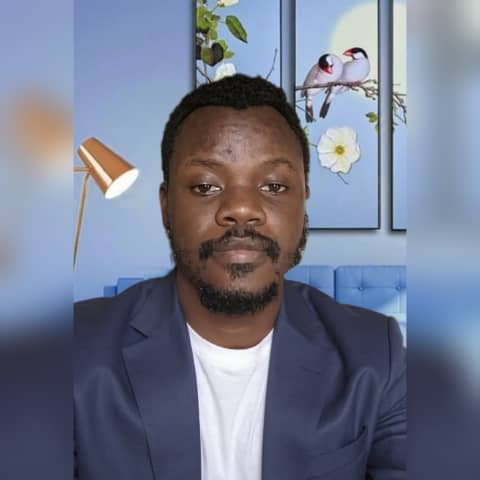
Samuel Dayo creates high-quality content that resonates with readers. His work spans governance, culture, business, and tech.

